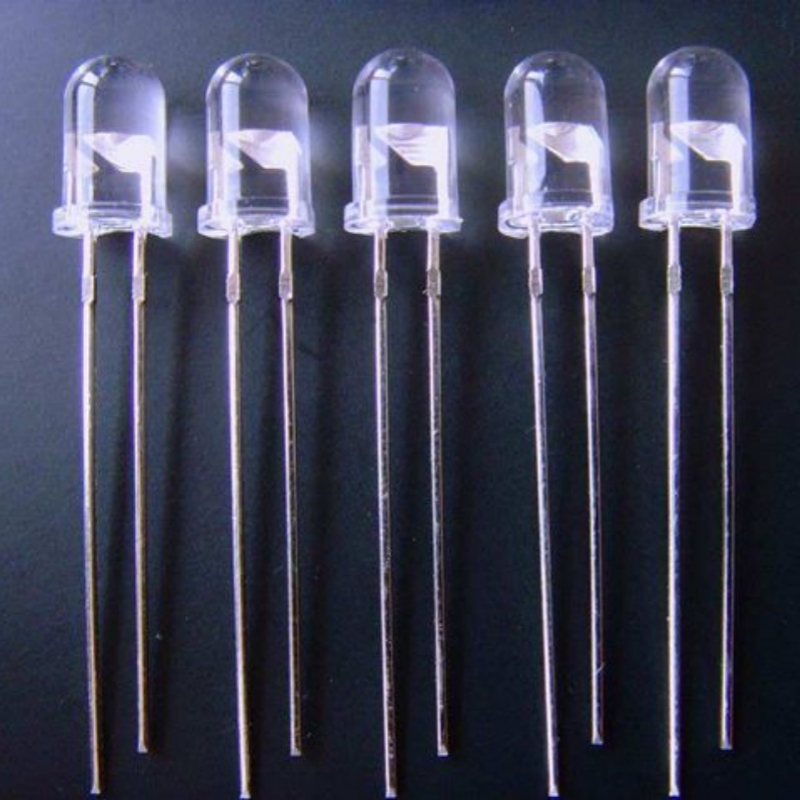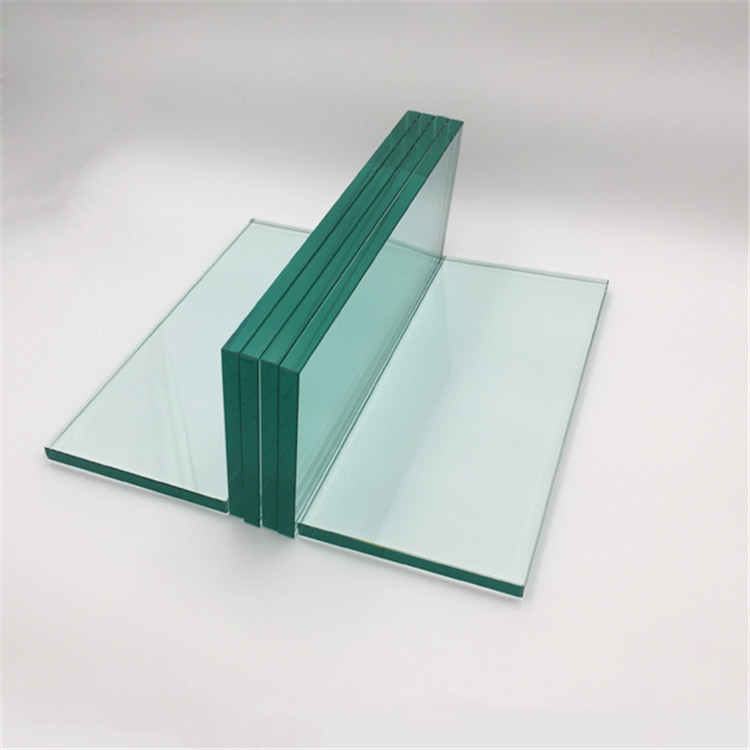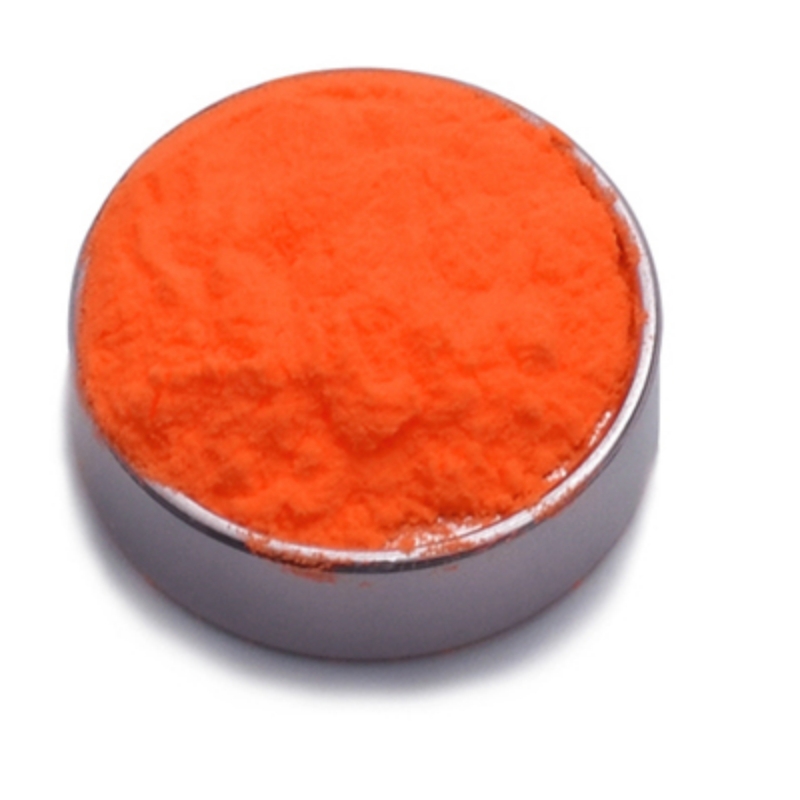Conical lenses are precision optical components designed for specialized beam manipulation, light shaping, and enhanced optical performance. Featuring a unique conical geometry, they enable controlled beam transformation and efficient wavefront modification. Manufactured from high-purity optical materials, they offer exceptional optical clarity, strong resistance to environmental degradation, and reliable thermal stability. These lenses are widely used in laser systems, metrology, industrial applications, and scientific research, ensuring optimal light manipulation for advanced optical systems.
Product Overview
Conical lenses, also known as rotationally symmetric prisms, consist of a conical surface and a flat surface. They are commonly used to generate Bessel beams or conical non-divergent beams. These lenses can convert collimated beams into annular beams, offering unique light intensity distribution characteristics. The Bessel beam properties of conical lenses maintain a stable light intensity distribution during beam propagation, making them ideal for applications that require high-precision beam control. By following Snell's Law of refraction, conical lenses enable accurate beam measurement and deflection control.

Key Features
- Generation of Bessel Beams: Exhibits non-diffraction characteristics, maintaining a constant light intensity distribution over the focal depth range, making it suitable for applications requiring stable beam intensity distribution.
- High-Precision Beam Control: Converts collimated light into annular beams, with the diameter of the light rings increasing proportionally with the image distance while the thickness of the rings remains unchanged.
- Strong Adaptability: By adjusting the base angle and focal depth, conical lenses can meet various application needs, adapting to different laser and optical systems.
- Stable Optical Performance: Conical lenses offer high optical purity and stable optical performance, ensuring beam quality remains consistent during long-term use.
Applications
- Laser Beam Adjustment: Commonly used to generate annular beams in laser measurement, laser collimation, and other related fields.
- Research and Medical: Widely used in research, medical imaging, and laser therapy applications, especially in experiments and treatments that require high-precision beams.
- Optical System Design: Used in the design of optical systems to adjust beam morphology and meet various optical design requirements.
- Measurement and Detection: Applied in high-precision optical measurement and detection systems, particularly in cases where Bessel beams or annular beams are needed.
| Material | Processing Parameter | General Accuracy | Intermediate Accuracy | Customized Accuracy |
| Glass, Quartz Glass | 1. Angle Tolerance | ±0.1° | ±0.05° | ±0.01° |
| 2. Aperture Transmission | >90% | >90% | >90% | |
| 3. Vertex Deviation | <φ1.5 mm | <φ0.7 mm | <φ0.4 mm | |
| 4. Surface Finish | 40/20 | 40/20 | 10/20 | |
| 5. Cone Surface PV Value | ≤2 μm | ≤1 μm | ≤0.6 μm | |
| 6. Central Deviation | <3′ | <2′ | <1′ |
Submit Your RequirementsWe will contact you within 24 hours.
 WOBO Scientific Research New Materials One-Stop Service Platform
WOBO Scientific Research New Materials One-Stop Service Platform









